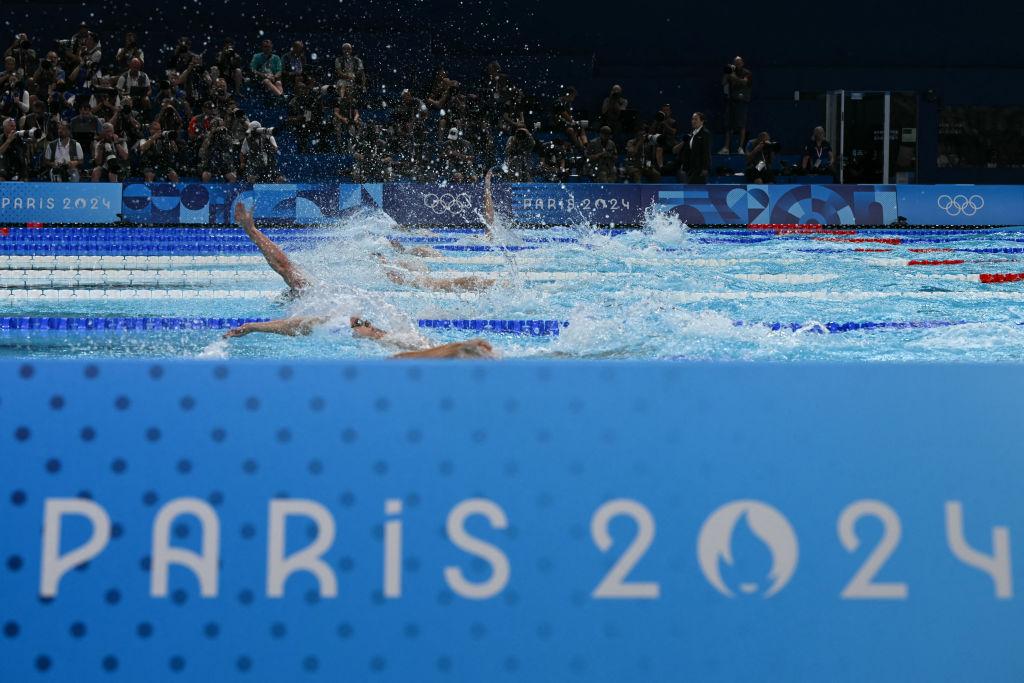Bipartisan lawmakers introduced legislation that will cut U.S. funding to the World Anti-Doping Agency (WADA) if the organization fails to implement governance reforms. The proposal was made amid controversy over Chinese swimmers being allowed to compete at the Olympics despite testing positive for a banned substance.
Rep. John Moolenaar (R-Mich), Rep. Raja Krishnamoorthi (D-Ill.), alongside Sen. Marsha Blackburn (R-Tenn), and Sen. Chris Van Hollen (D-Md.) introduced the Restoring Confidence in the World Anti-Doping Agency Act of 2024 on July 30.




